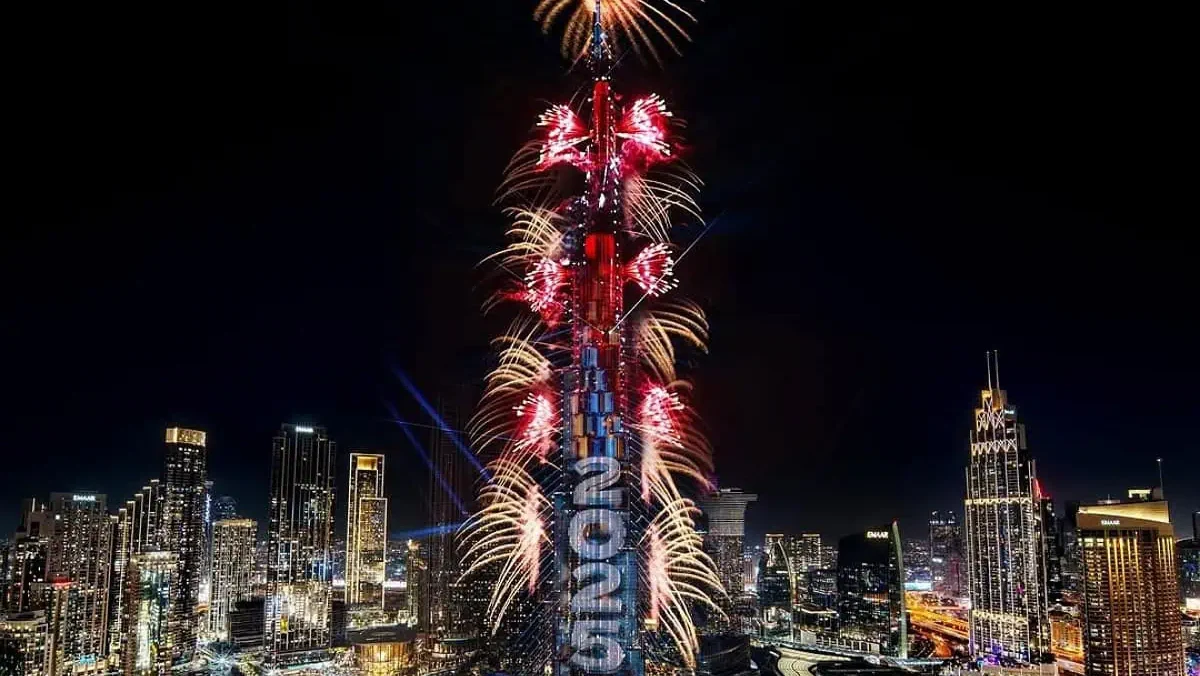The impact of cultural festivals on Gulf tourism is becoming more evident in recent years. These celebrations, which showcase art, music, food, and local heritage, are helping countries like the UAE, Saudi Arabia, Qatar, and Oman attract millions of tourists annually.
As Gulf nations shift from oil-dependent economies to more diversified, tourism-focused models, cultural festivals play a central role in shaping their global identity and economic future.
Gulf Nations Embrace Culture to Boost Tourism
Over the last decade, Gulf Cooperation Council (GCC) countries have invested heavily in tourism infrastructure. Beyond skyscrapers and luxury malls, cultural experiences are now at the heart of tourism campaigns.
Events like the Dubai Shopping Festival, Sharjah Light Festival, Saudi Seasons, and Qatar National Day offer travelers a unique chance to witness regional traditions alongside world-class entertainment.

Why Cultural Festivals Are a Smart Tourism Strategy
Cultural festivals are more than just entertainment. They reflect national pride, preserve heritage, and create new income streams. For governments, these events are part of a strategic plan to position their countries as global destinations.
According to the World Tourism Organization, cultural tourism is one of the fastest-growing segments in global tourism, with a significant presence in the Gulf.
7 Positive Effects of Cultural Festivals on Gulf Tourism
Here are seven key ways cultural festivals are making a positive impact on tourism in the Gulf region:
1. Increase in Tourist Arrivals
The most obvious benefit is the rise in international visitor numbers during festival seasons. For example, Dubai Expo and Qatar’s FIFA World Cup cultural side events drew millions in a few months.
2. Higher Revenue Generation
Hotels, airlines, restaurants, and local vendors report spikes in revenue during festivals. The Riyadh Season 2023 alone contributed over $1.2 billion to Saudi Arabia’s economy.
3. Extended Tourist Stays
Visitors who come for festivals tend to stay longer, exploring nearby cities and historical landmarks, increasing the average spend per tourist.
4. Global Brand Recognition
Hosting international artists, performers, and cultural exhibitions helps Gulf cities gain recognition as modern cultural hubs, not just oil-rich economies.
5. Employment and Skill Development
Festivals generate thousands of temporary and permanent jobs across event management, hospitality, logistics, and creative industries.
6. Local Business Promotion
Handicrafts, traditional foods, and small-scale enterprises receive a significant boost, helping preserve and promote local culture.
7. Year-Round Tourism Growth
While many Gulf countries previously saw seasonal tourism, festivals create steady interest throughout the year, especially in the cooler months.
Challenges Facing Cultural Festivals in the Gulf
While the impact of cultural festivals on Gulf tourism has largely been positive, there are a few challenges that authorities and organizers must navigate.
Weather Constraints
The extreme heat during summer months can limit the types of festivals that can be held outdoors, pushing most cultural events into a small seasonal window.
High Costs and Commercialization
Some critics argue that festivals are becoming too commercial, focusing more on international acts than local culture. Additionally, organizing mega-events can be costly.
Infrastructure Pressure
Large crowds during popular festivals can put pressure on transport, accommodation, and security systems, especially in smaller cities.
Government Initiatives Supporting Cultural Tourism
Gulf governments are making concentrated efforts to support and expand cultural festivals. Some initiatives include:
- Vision 2030 (Saudi Arabia): Aims to make culture a key part of the economy.
- National Tourism Strategy (UAE): Promotes the country as a year-round cultural destination.
- Qatar National Vision 2030: Uses culture and sports to boost its global profile.
These long-term plans highlight the strategic importance of cultural tourism in regional development.
What Tourists Love About Gulf Cultural Festivals
Many travelers share their excitement over the mix of traditional and modern experiences. From camel races in Oman to drone light shows in Dubai, there’s something for every age group and nationality.

Visitors often mention these key highlights:
- Authentic food and music
- Opportunities to learn about regional customs
- Interactive workshops and exhibitions
- Easy access and excellent event organization
The Future of Cultural Festivals in the Gulf
Looking ahead, the impact of cultural festivals on Gulf tourism will likely grow stronger. With innovations like virtual reality exhibitions, eco-friendly festival planning, and inclusive experiences for all age groups, the future looks promising.
Authorities are also working on making festivals more sustainable and locally inclusive, ensuring they benefit communities as much as they attract tourists.
Final Thoughts
The impact of cultural festivals on Gulf tourism is both measurable and meaningful. These events not only bring in tourists and boost the economy but also play a vital role in preserving and promoting the rich heritage of the Gulf.
In 2025 and beyond, cultural festivals will continue to define the identity of Gulf countries, turning them into vibrant, globally recognized cultural destinations.
read more- How Traditional Gulf Music Influences Contemporary Sounds: 7 Powerful Ways



